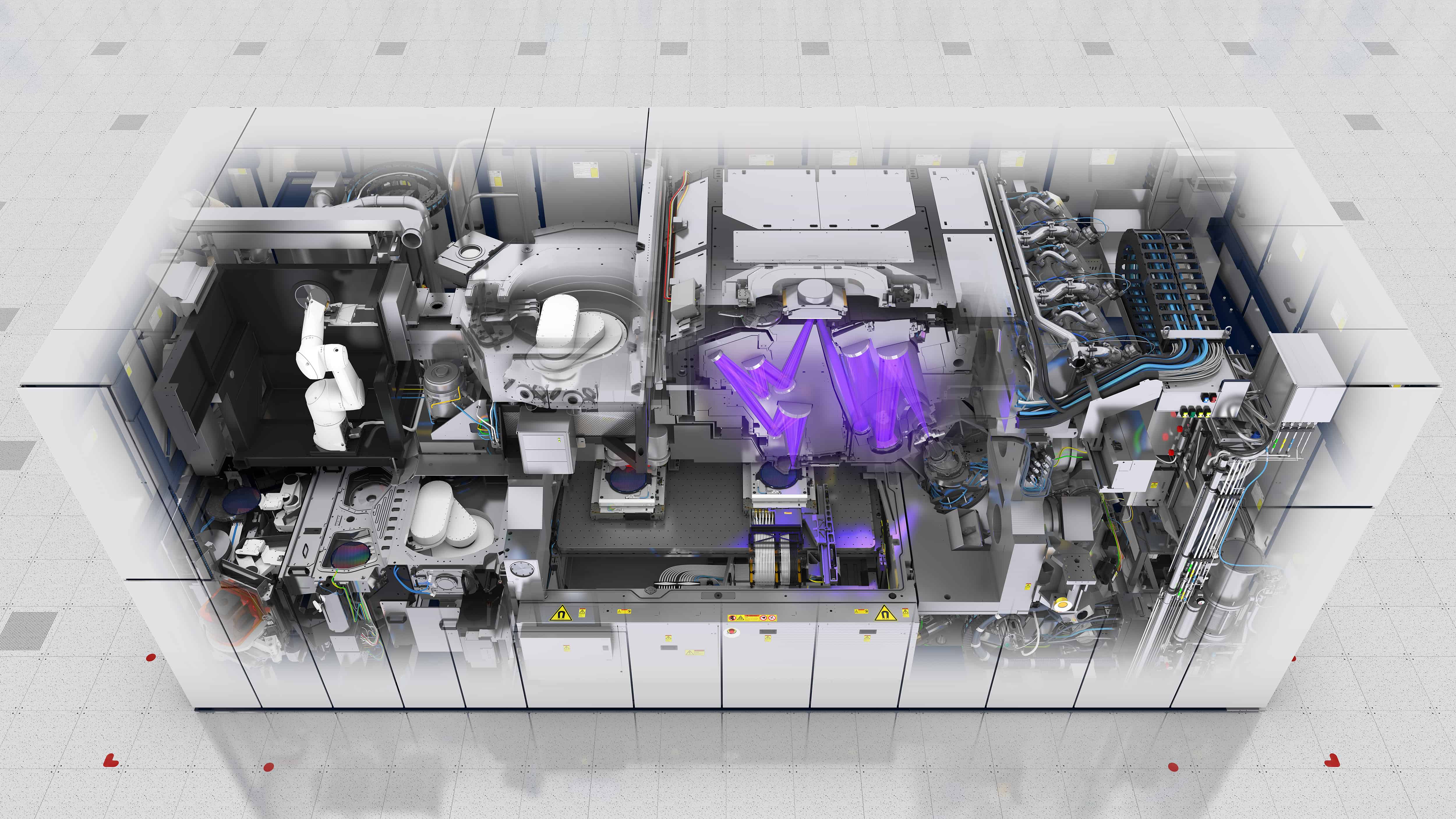
The global semiconductor industry has become a focal point of geopolitical tensions in recent years, with Europe emerging as a critical battleground. A new report by Strider Technologies sheds light on China’s systematic and organized efforts to obtain intellectual property (IP) in Europe, particularly in the semiconductor sector.
- China is systematically targeting Europe to obtain semiconductor intellectual property, a report by Strider Technologies claims.
- In response to China’s aggressive IP acquisition tactics, the U.S., Netherlands, and Japan imposed restrictions on semiconductor technology exports, intensifying the global battle for semiconductor-industry IP.
The Help Our Motherland through Elite Intellectual Resources from Overseas (HOME) program, established in 2003 by the China Association of Science and Technology (CAST) in collaboration with 35 overseas-based science and technology groups, has been a significant player in this arena. The program’s primary objective is to recruit overseas talents and encourage them to support the development of China’s strategic industries while remaining abroad. From 2004 to 2014, the HOME program is said to have successfully recruited 5,483 individuals living and working outside China to “serve the country.” Of these, nearly 700 have joined other talent programs.
CAST, an organization that bridges the Communist Party of China and the Chinese government’s science and technology community, manages a HOME “workstations” network in foreign countries. These workstations serve as platforms for scholars and professionals to share research and knowledge. As of 2019, over 30 workstations have been established in various locations across Asia, Europe, and the U.S., including notable regions like Western Europe and Silicon Valley.
The report also highlights the journey of Jin, who moved from the PRC to Belgium in 1996 and three years later to the Netherlands. Over the years, Jin has been actively involved in European United Front professional associations, aiming to recruit talent for China. He has led multiple delegations to China, emphasizing the importance of serving the country and initiating businesses in the PRC.

In October 2022, the U.S. government imposed unprecedented restrictions on cutting-edge semiconductor technology exports to China. Similar actions from the Netherlands and Japan soon followed this move. These decisions have intensified the ongoing battle between China and the West over semiconductor-industry IP, placing Europe at the heart of the conflict.

European governments are now taking proactive measures to safeguard their strategic industries from potential risks associated with United Front activities. For instance, in March 2023, the U.K. government announced the creation of the National Protective Security Authority, an agency dedicated to helping businesses and universities protect their IP. Similarly, the Dutch government has imposed new restrictions on the export of advanced semiconductor technology to the PRC, emphasizing the importance of retaining Western technological leadership.
The report concludes by emphasizing the importance of collective security measures to protect innovation and fair competition. As the battle for IP and talent escalates, companies and governments worldwide must collaborate to ensure that technological advancements remain a shared competitive advantage.







